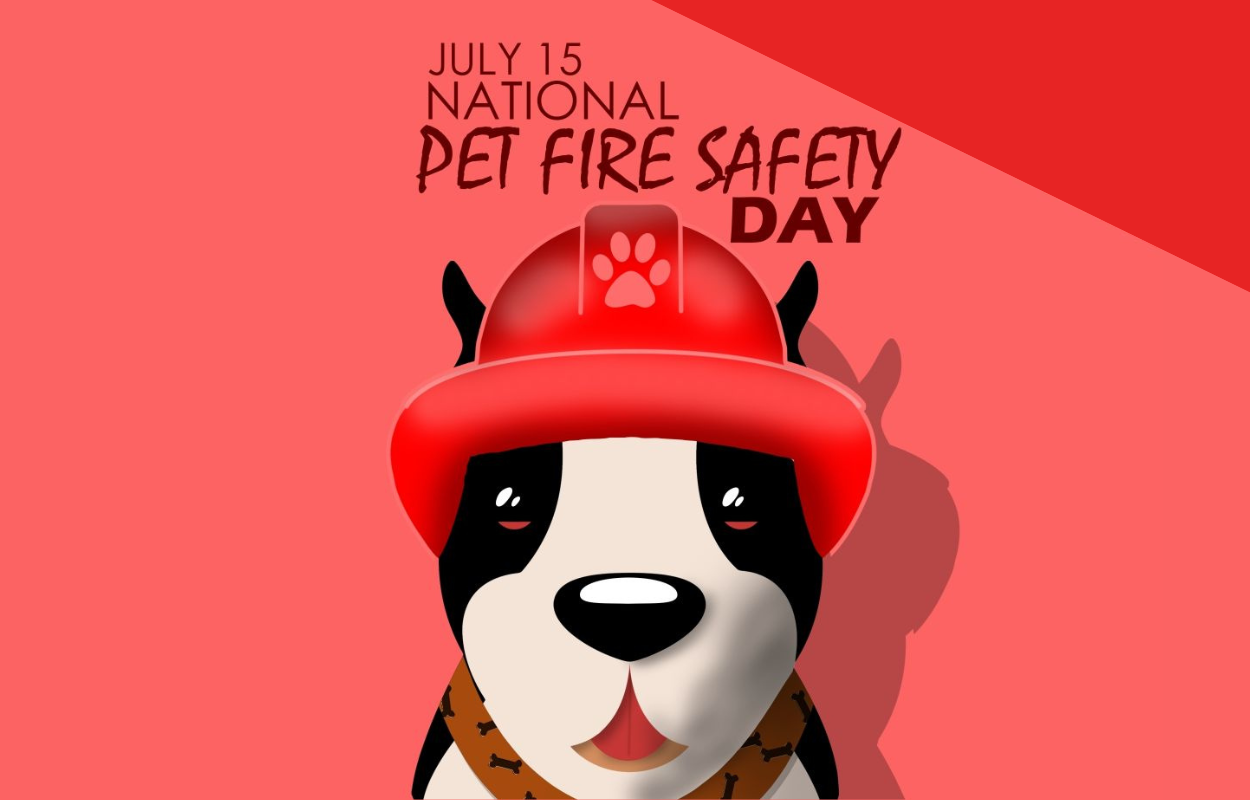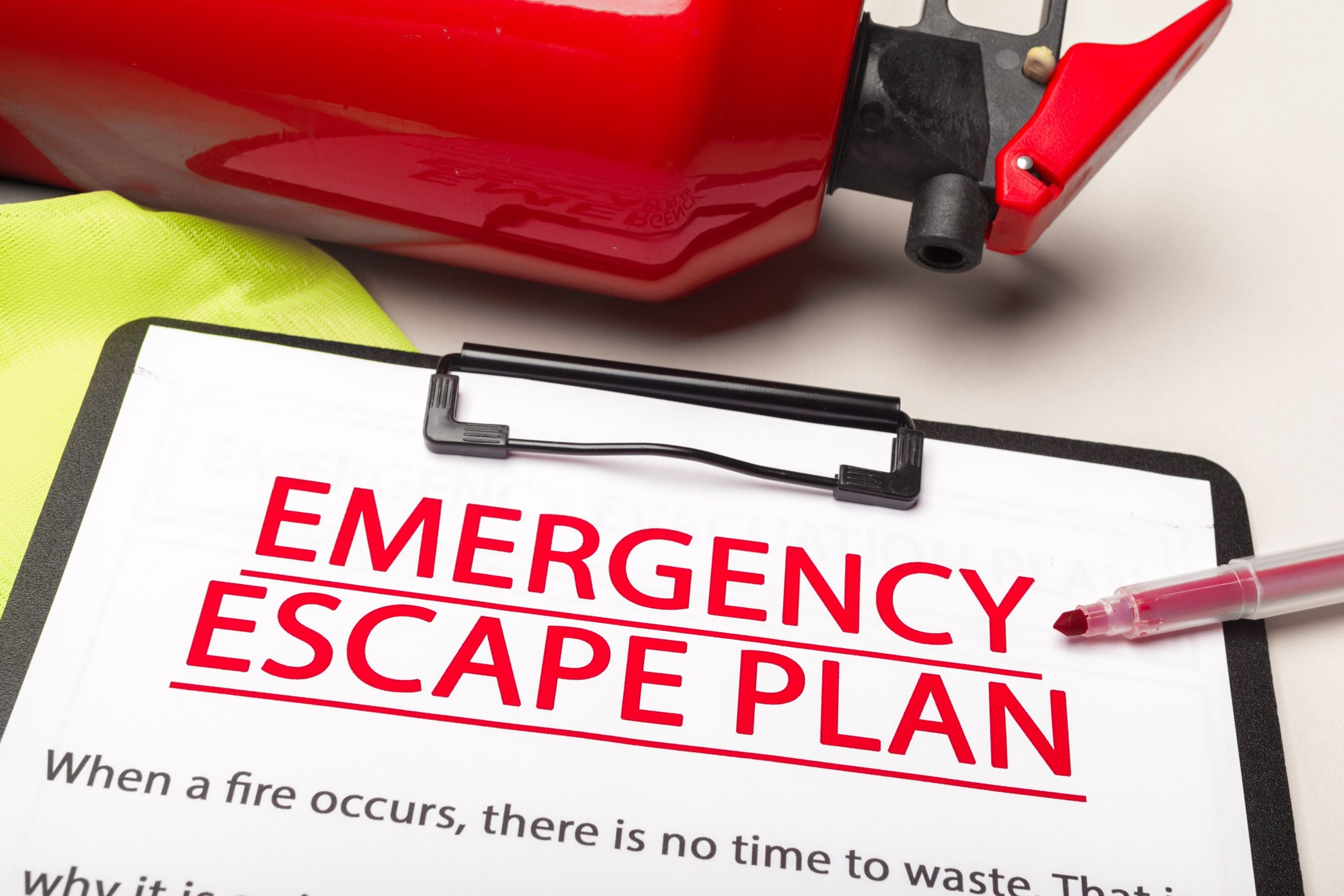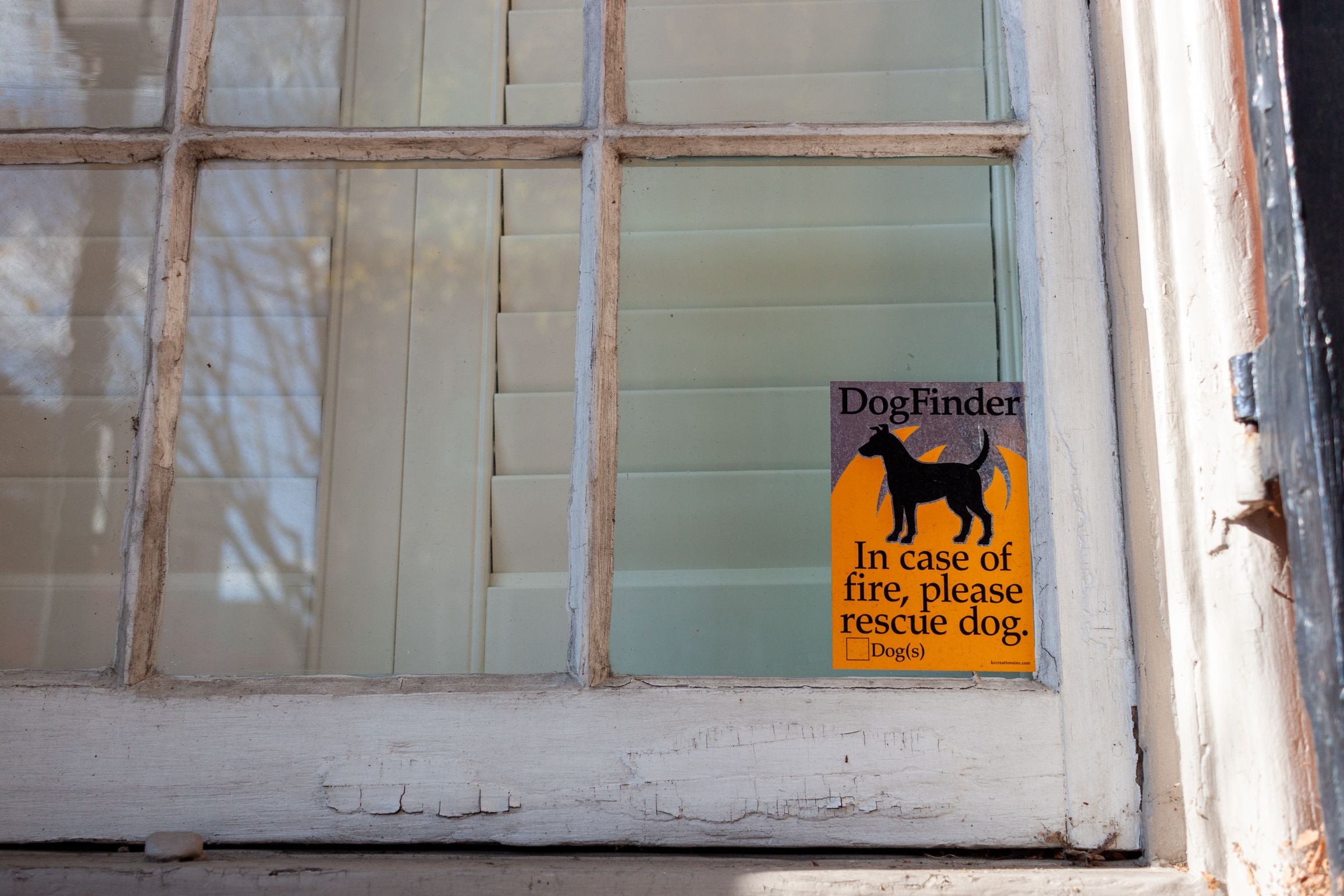
National Pet Fire Safety Day
July 15, 2022Did you know that July 15 is National Pet Fire Safety Day? This day is set aside to remind pet owners of the importance of protecting their pets in case of a home fire. Nearly 500,000 pets are affected by house fires every year, and according to the National Fire Protection Association, almost 1,000 of those fires are accidentally started by pets. Do you have an escape plan ready to go if you were to have a fire in your home?
Preventing Fires

Pets are naturally curious creatures, so it's crucial to ensure they don't have access to any potential fire hazards in your home.
Some tips to prevent fires in your home include:
- Keep candles and matches out of reach of pets
- Keep pets away from stoves and countertops
- Don't leave pets alone with space heaters or other open flames
- Keep lighters and combustible liquids stored safely away
- Cover electrical cords so curious pets can't chew on them
Following these simple tips can help keep your furry friends safe in case of a fire. Protecting your pet doesn't have to be complicated - just a little bit of planning can go a long way!
Planning for the Unexpected

We don't like to even think about the unexpected because it's no fun and can be very scary! You can take a few simple sets to make sure you and your pet get out of a burning house quickly and safely.
Who is responsible?
Designate a family member or friend to be responsible for your pets if you can't get home to them in an emergency. This person should have copies of your pet's medical records and know where you keep your pet supplies.
Plan Two Ways Out
Make sure all members of your household know how to evacuate the home with pets safely. Plan two ways out of every room and make sure everyone knows which doors or windows are best to use.
Practice
Practice evacuating with your pets often, so they know what to do in case of an emergency.
Never leave your pet behind (if you don't have to!)
If you must evacuate, never leave them behind! Pets will get scared and will hide from the smoke and flames, making it difficult for firefighters to find them, or they may take off and get lost.
Keep A Leash By The Door!
In the event of an evacuation, always have a leash or carrier ready to go so you can grab your pet and go quickly.
Post on Your Front Window

Firemen are trained to keep an eye out for signs posted on the door or front window to see if there are pets inside the home when they are called to a fire. They also want to make sure everyone comes out alive from the fire so make sure you have something posted where they can see you have furry friends located inside too.
Pet Identification
You must make sure your pet is wearing identification tags at all times, along with being chipped. If they do run away during a fire, this will help you to be reunited quickly.
Where Should You Meet?
Once everyone is out of the house, you'll want to make sure you have a meeting place that everybody is familiar with and can quickly and easily get far away from the fire.

Of course, the best way to protect your pets (and yourself) from a fire is to take every precaution to prevent one from happening in the first place. This means having working smoke alarms on every level of your home and outside all sleeping areas. Test them monthly and change the batteries at least once a year.
Following these simple tips can help keep your pets safe in case of a fire. Fires can happen for many reasons, and when they do, it's essential to have a plan in place to get yourself and your pets out safely. Make sure you have working smoke detectors installed in every room of your house, including the garage and basement; these will give you early warning if there is a fire. Have a designated spot where your pets can stay safe in case of a fire, and make sure they have ID tags on their collars just in case they get lost while trying to escape. Most importantly, train your pets to come when called so you can get them out quickly – this may be the difference between life and death. Do you have an evacuation plan ready to go if you were to have a fire in your home?
